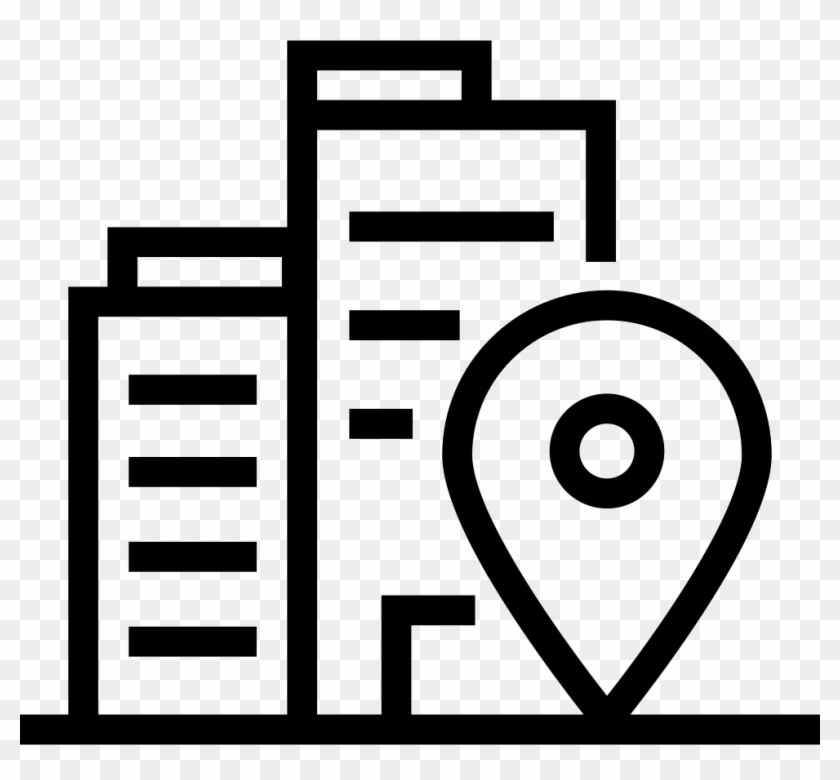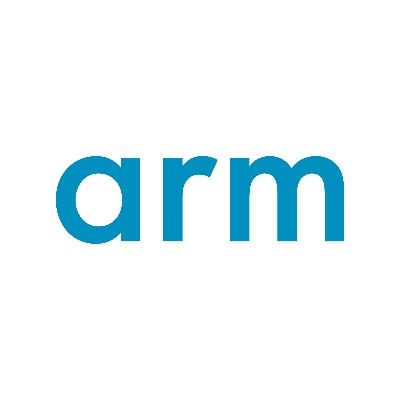All new Data Science jobs, in one place.
Updated daily to help you be the first to apply ⏱

- Machine Learning
- Deep Learning
- Reinforcement Learning
Waymo launched the world’s first commercial self-driving transportation service in Dec 2018 and is now growing fast towards the ultimate goal of fully self-driving service at scale.
Software Engineering builds the brains of Waymo's fully self-driving vehicles. Our software allows our vehicles to perceive the world around them, make the right decision for every situation, and deliver people safely to their destinations. We think deeply and solve complex technical challenges in areas like robotics, perception, decision-making and machine learning, while collaborating with hardware and systems engineers. If you’re a software engineer or researcher who’s curious and passionate about Level 4 autonomous driving, we'd like to meet you.
In this role, you’ll:
- Work with a creative team of people who are responsible for ensuring that the behavior of our cars is safe, smooth, and predictable to other road users, which includes gracefully handling many complex situations involving social aspects (merging, negotiating narrow roads, etc), while dealing with noisy, uncertain, and incomplete information.
- Frame the open-ended real-world problems into well-defined ML problems; develop and apply cutting-edge ML approaches (deep learning, reinforcement learning, imitation learning, decision trees, etc) to these problems; scale them to Google-sized data pipelines; and streamline them to run in real-time on the cars.
- Collaborate with other teams, including the ML infrastructure, perception and systems engineering teams, as well as various research teams such as Waymo research, Google Brain, DeepMind and academia.
At a minimum we’d like you to have:
- MS/PHD in Computer Science, Robotics, similar technical field of study, or equivalent practical experience
- Experience solving problems using Machine Learning with Tensorflow or equivalent tools
- Ability to collaborate within and across teams
- Strong experience programming in C++ with robust and efficient code
It’s preferred if you have:
- Experience specifically with applying Machine Learning to solve motion planning or related robotics problems
- Experience with Reinforcement Learning and/or Learning from Demonstration
- Experience with Deep Learning Models (e.g. RNN/LSTM, CNN, VAE, GAN, etc.)

ALEXANDER MCQUEEN Graduate Trainee, Data Scientist/Engineer
- Python
- SQL
- scikit-learn
Groupe KeringLondon5 days ago
Senior Data Analyst
- Data Analysis
Civil ServiceBirmingham B226 days ago
Staff Compiler Engineer - Machine Learning
- Machine Learning
ArmCambridge10 days ago
Data Analyst, Financial Risk Analytics
- Python
IHSLondon EC2Y6 days agoData Analyst - SAP, Excel
- Data Mining
- Data Analysis
Morson InternationalRedcar6 days ago